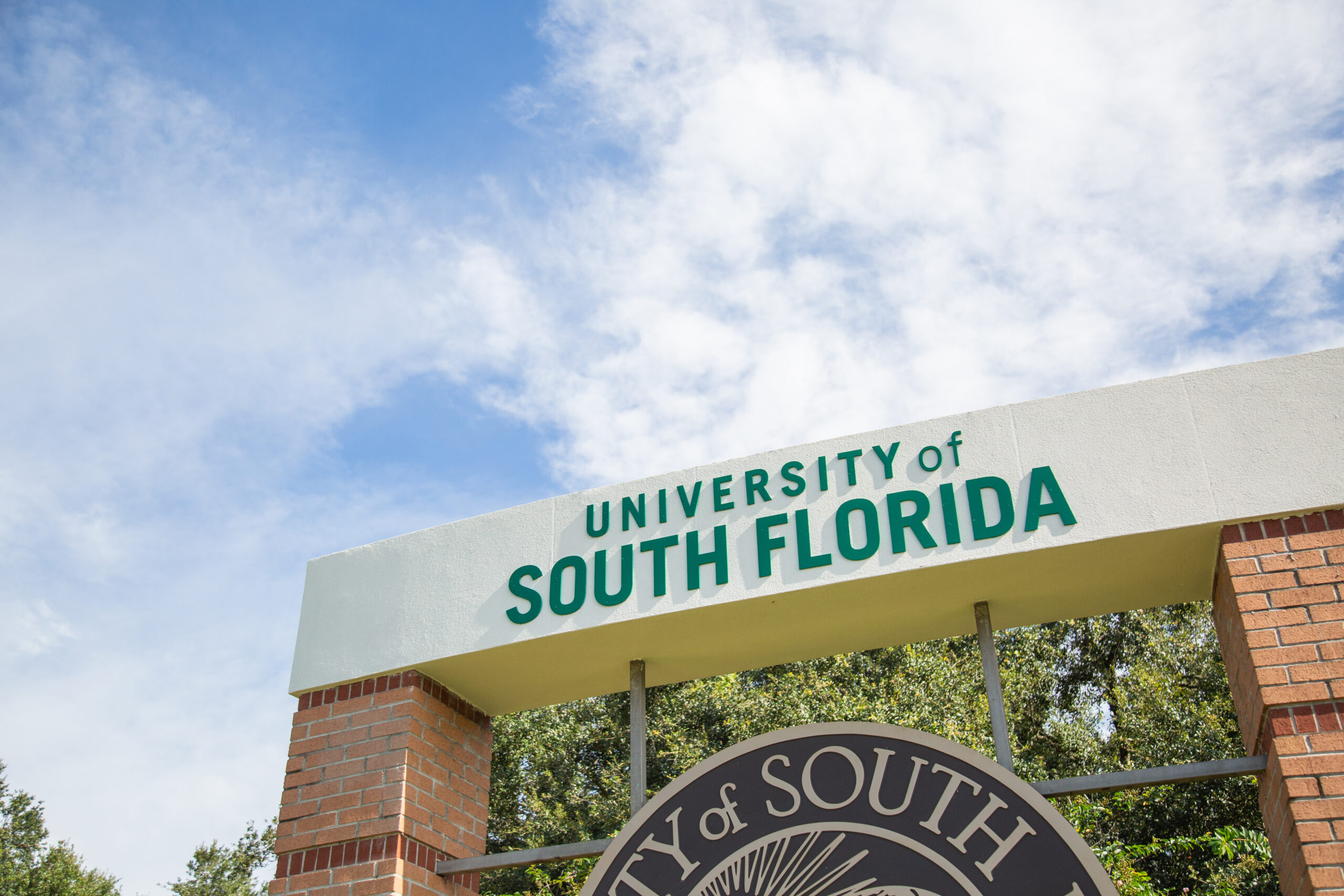BOT approves multimillion-dollar expenditures across campuses

From renovations of campus facilities to multimillion-dollar donations toward student resources, the Board of Trustees (BOT) Finance Committee on Tuesday approved the 2020-2021 Fixed Capital Outlay Budget for expenditures across all three campuses — Tampa, St. Petersburg and Sarasota-Manatee — as well as two expenditure authorization requests for the Tampa campus.
Among the expenditure authorization requests, approximately $2.5 million was designated for renovations of the second floor of the WUSF building, originally occupied by WUSF TV, to build the Muma College of Business Center for Talent Development.
Vice President of Business and Finance and CFO Nick Trivunovich said the center will significantly increase opportunities available to students by expanding academic programs for the College of Business.
“The center aspires to be the first in the nation to solely focus on real-world experiences for all business students by building industry partnerships and relationships,” Trivunovich said.
He said the new center is being funded through a “very generous donation” and the college is in its planning stages alongside the donor.
“Collaborative discussions are being held with the donor to ensure that this renovation aligns with their intent,” Trivunovich said. “And once we finalize all the design decisions we will enter into a competitive procurement process for the actual construction.”
The gift, according to Trustee Les Muma, hasn’t been announced yet as a result of COVID-19.
“[The donors] are waiting for this COVID-19 thing to run down so that they can have a suitable announcement for this size gift,” Muma said. “But it is a real gift and it is going to be a godsend to the business school and, perhaps, spread beyond the business going and … give students an avenue to use their degree when they graduate.”
The second request allocated $2.2 million for the purchase of medications and pharmaceutical supplies from Cardinal Health to support the USF Health Pharmacy Plus, according to Trivunovich.
The total expenditure requested by the USF Health Pharmacy Plus is based on the actual amount of processed medications from the 2018-2019 fiscal year, as well as the projected expenditures for the 2020 fiscal year.
Trivunovich said that Cardinal Health has been supplying the university with medications and pharmaceutical products for the past four years. The pharmacy has approximately 50,000 active patients and processes an average of 150 prescriptions per day.
The items are purchased for resale with a margin generated on the sale to support USF’s clinical and educational niche, according to Trivunovich. He said specialty medications, ranging from $500 to $30,000, are a major component of this purchase due to their high costs.
Regarding shelf life, College of Pharmacy Dean Kevin Sneed said the specialty medications are only ordered when the pharmacy receives a prescription to avoid having them “sitting on the shelf.”
“Because we have such a good relationship with the department, they can give us a heads-up on excessive medication that may be coming down and, very often, we have them waiting for the patient knowing that they’re coming in within a few days so we have very little expired medication,” Sneed said.
“The only thing that we really keep onboard are a few vaccinations and insulin … everything else is pretty much ordered on demand.”
On the initial expenditure authorization request, there was also a $5.8 million request to renew a three-year agreement with Microsoft to grant students, faculty and staff access to Office 365 products, including Word, Outlook, Excel, Teams and Teams phones. However, according to Finance Committee Chair Michael Griffin, the Microsoft campus agreement three-year renewal has been removed at this time.
The total amount requested to fund all three projects, including the Microsoft renewal contract, came down to $10.5 million.
Besides approving two expenditure authorization requests, the Finance Committee also approved about $39 million for the 2020-2021 Fixed Capital Outlay budget, covering more than 30 expenditures ranging from renovations to repairs across campuses.
The first category consists of deferred maintenance projects less than $1 million, such as electrical infrastructure enhancements, lift station repair and parking lot improvements.
While the second category includes emergency repairs across campuses, the third category consists of projects that were part of the 2019-2020 Fixed Capital Outlay budget, including the $1.3 million roof replacement for the Allen building, as well as $1.5 million lab renovations for the Alzheimer’s building.
Lastly, projects over $1 million are part of the fourth category. Such projects include the addition of a chiller and cooling tower to the campus’ southeast chiller plant for $4.75 million, which will consequently support the campus’ southeast quadrant with additional capacity for projects related to the Judy Genshaft Honors College, the new student Wellness Center and the football training facility operating center.
The budget will also fund a $3 million renovation of the university’s current athletic offices, including the lobby, locker and team rooms. The project will be funded through philanthropy, according to Trivunovich.
About $130,000 will be allocated from carry-forward funds to replace campus signs and wayfinders. An investment of $12 million will also be made toward the USF central plant improvements, a project based on a financing plan through an energy savings performance contract, according to Trivunovich.
Trivunovich said the university is “moving forward with some of the beginning steps prior to entering into such a contract.”
In regard to all projects, Trivunovich said “there’s still some additional review to be done by the president and senior management.”
“There are additional steps moving forward with all of these projects, one being the fact that as we do our budget planning, we identify and are satisfied that we have an appropriate source to use on this and then it’s a higher priority than other potential projects,” Trivunovich said.






